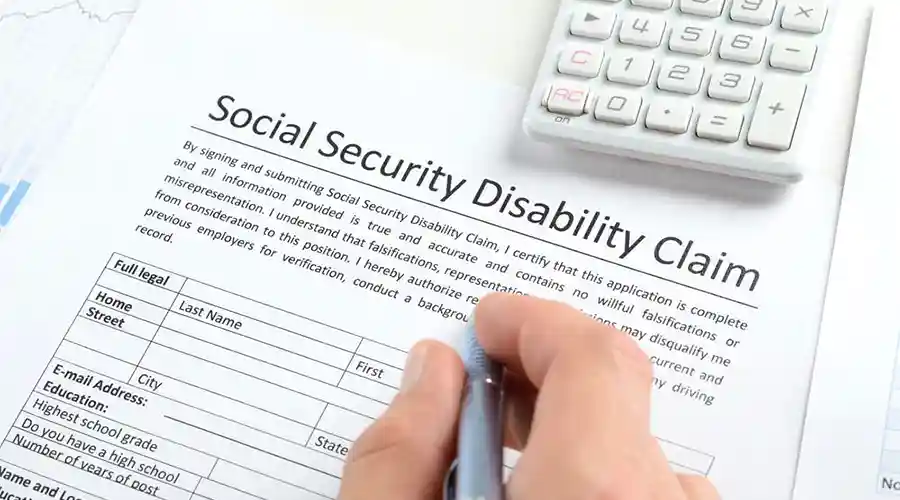If you are disabled, you may wonder whether you should apply for disability benefits and, if so, how much you might be eligible to receive. Those are entirely understandable questions to ask. Being unable to work due to a disability can be tremendously stressful from a financial perspective, and regular benefit payments can help to relieve that stress.
First, it is important to understand that the Social Security Administration offers two types of disability benefits. These include:
- Social Security Disability Insurance: Known as SSDI benefits for short, these benefits are paid to individuals with a qualifying medical condition that has rendered them disabled for at least one calendar year or more and who are “insured.” Being “insured” means that the individual has worked a qualifying job for a sufficient length of time, through which a portion of income was regularly paid to the Social Security Administration.
- Supplemental Security Income: As with SSDI benefits, an individual must have a qualifying medical condition that has rendered them disabled for at least one calendar year or more to receive SSI benefits. Unlike SSDI benefits, those who receive SSI benefits need not be “insured.” They do, however, need to have income and resources below a certain threshold established by the Social Security Administration.
Each type of benefit has different qualifying conditions, and payments will vary in amount depending on particular circumstances. Let’s take a closer look at how monthly SSI payments are calculated.
How are SSI Payments Calculated?
Prior to calculating how much an individual might receive in SSI payments, the Social Security Administration will first determine whether or not the individual meets the income and asset limits to receive SSI for that particular year.
The income limit for the SSI program is based on the “federal benefit rate” (FBR), which is the maximum federal monthly SSI payment and the SSI income limit. In 2024, the FBR is $943 per month for individuals and $1,415 for couples. Recipients should remember that the FBR increases annually if there is a Social Security cost-of-living adjustment.
To qualify for SSI, an individual’s countable monthly income can’t exceed the amount of the FBR. This leads to the question – what does the SSA consider to be “income” for purposes of these calculations?
How Does Income Affect SSI Payments?
Typically, the higher an individual’s income, the lower the SSI payment will be. The Social Security Administration establishes an allowable income threshold each year, and those with income over that threshold will not be able to receive SSI benefits.
The Social Security Administration considers various types of income for purposes of determining whether or not to lower SSI benefits. These types of income include:
- Earned Income: The Social Security Administration considers “earned income” to be wages from traditional jobs, self-employment, and other similar earnings.
- Unearned Income: Unearned income is, by definition, income that is not “earned” through work. It may include payments like Social Security benefits, retirement benefits, disability payments, unemployment benefits, or resources provided by friends and family.
- Deemed Income: This income includes the income of those with whom you live, whether a spouse or if you are a minor, a parent, or a guardian.
- In-Kind Income: This kind of income includes things like food, shelter, or other things that may be provided for free or for less than fair market value.
The Social Security Administration typically reduces SSI payments by $1 for every $2 earned from work.
Is the Income Limit the Same in Every State?
This is another important question to ask. Many states do add money to the federal SSI benefit amount. These added payments are often called “state supplements .”The allowed income level is higher than the federal maximum amount in states that offer these supplemental payments. The amount of supplemental payments can vary from state to state and depend on different circumstances. As a result, it can be tremendously helpful to consult with a knowledgeable and experienced attorney regarding your particular state laws and the payments for which you may qualify.
Liner Legal – Call Us Today
At Liner Legal, we understand that disability benefits can be a vital source of financial support for those struggling with disabilities. That’s why we will always fight tirelessly and pursue the best legal strategies on behalf of our clients as they seek the benefits they need and deserve. Regardless of where you find yourself in the claims process, whether making your first filing or pursuing an appeal, we’re here for you. We understand the law, and we’re ready to help. If you’re ready to get started, give us a call today. We look forward to speaking with you soon.







